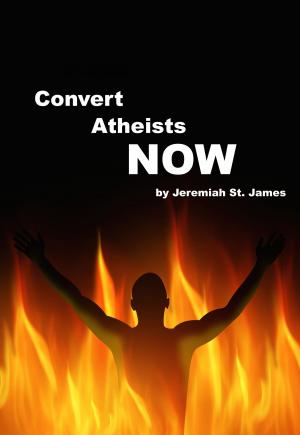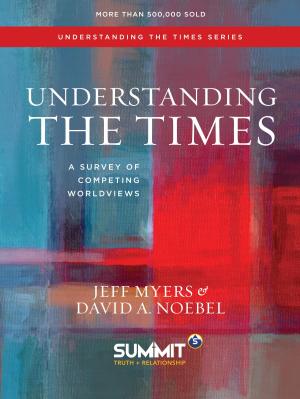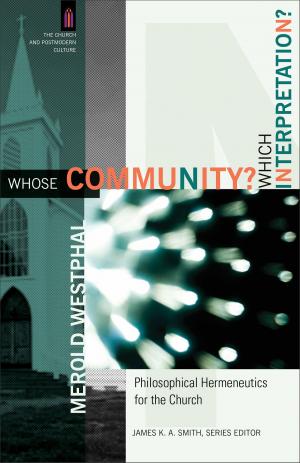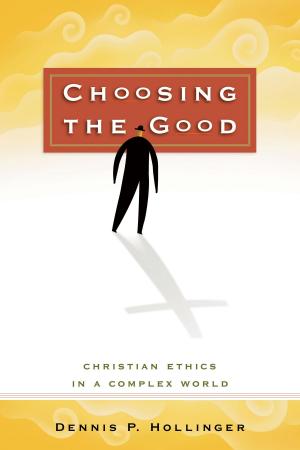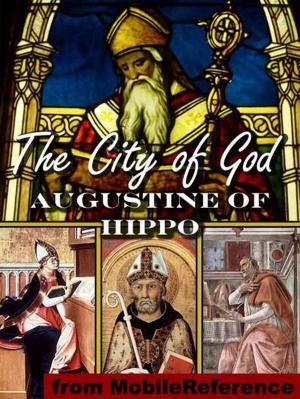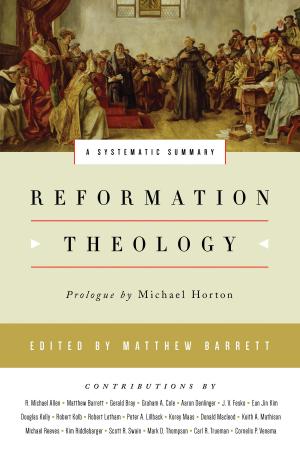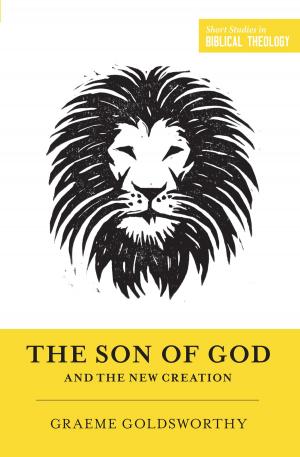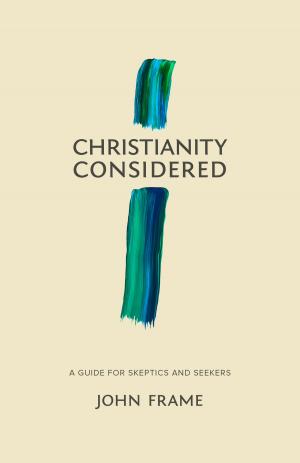The Wolf And The Lamb (Part 2)
Nonfiction, Religion & Spirituality, Christianity, General Christianity, Theology| Author: | Gavin Paynter | ISBN: | 9781370364459 |
| Publisher: | Gavin Paynter | Publication: | September 23, 2017 |
| Imprint: | Smashwords Edition | Language: | English |
| Author: | Gavin Paynter |
| ISBN: | 9781370364459 |
| Publisher: | Gavin Paynter |
| Publication: | September 23, 2017 |
| Imprint: | Smashwords Edition |
| Language: | English |
What is the difference between Amillennialism, Postmillennialism and Premillennialism?
a)What was the Millennial view of the apostles and Early Church Fathers and why did it seemingly change rather abruptly in the 4th and 5th centuries?
b)At the heart of the Premillennial versus Amillennial / Postmillennial debate is the question whether to interpret the Bible literally or allegorically, so that issue is also addressed in this book.
c)Christians who hold to the Futurist Premillennial view see the declaration of the State of Israel in 1948, along with the retaking of the Old City of Jerusalem in the 1967 Six-Day War, as significant milestones, which will ultimately usher in the Second Coming of Jesus to establish his Millennial kingdom on earth. Yet amazingly, some Christians do not regard the present State of Israel as having anything to do with the fulfilment of Bible prophecy, because they subscribe to what is termed Replacement Theology - a view that the church has replaced Israel permanently. Has God forsaken Israel and are all the promises to Israel fulfilled in the Church or do they have a separate irrevocable covenant with God? Is there a link between the Replacement Theology of Amillennialism and Postmillennialism and Christian Anti-Semitism? Why is there a correlation in the rise of Dispensationalism and Christian Zionism?
d)Should we have separation of Church and State and how is this idea influenced by one's Millennial view? Do all Premillennialists have a policy of retreatism and social / political inactivity?
e)Was Constantine a covert pagan who corrupted Christianity? Did he replace the Sabbath with Sunday worship and "invent" Easter and Christmas as holy days? Or - has he been the victim of a smear campaign and unfairly vilified?
f)Is it true that Satan is bound now and has been prevented from “deceiving the nations” by the spread of the gospel, or is this something that should be assigned to a future golden age?
g)Is our modern society still improving as Postmillennialists say, or as Dominionists hope? Are we getting better and better every day in every way? Will the whole world be converted before Jesus comes or can we expect end-time apostasy?
h)What is the unlikely common ground that exists between Calvinist Reconstructionists and Charismatic “Kingdom Now” adherents?
i)What is the lingering influence of the Latter Rain movement and its effect on Charismatic Dominion Theology?
j)What is the Pre-Tribulation Rapture and is it a Scriptural idea or was it a recent invention of John Nelson Darby?
These and other issues are examined in this latest book in this series on Biblical prophecy.
What is the difference between Amillennialism, Postmillennialism and Premillennialism?
a)What was the Millennial view of the apostles and Early Church Fathers and why did it seemingly change rather abruptly in the 4th and 5th centuries?
b)At the heart of the Premillennial versus Amillennial / Postmillennial debate is the question whether to interpret the Bible literally or allegorically, so that issue is also addressed in this book.
c)Christians who hold to the Futurist Premillennial view see the declaration of the State of Israel in 1948, along with the retaking of the Old City of Jerusalem in the 1967 Six-Day War, as significant milestones, which will ultimately usher in the Second Coming of Jesus to establish his Millennial kingdom on earth. Yet amazingly, some Christians do not regard the present State of Israel as having anything to do with the fulfilment of Bible prophecy, because they subscribe to what is termed Replacement Theology - a view that the church has replaced Israel permanently. Has God forsaken Israel and are all the promises to Israel fulfilled in the Church or do they have a separate irrevocable covenant with God? Is there a link between the Replacement Theology of Amillennialism and Postmillennialism and Christian Anti-Semitism? Why is there a correlation in the rise of Dispensationalism and Christian Zionism?
d)Should we have separation of Church and State and how is this idea influenced by one's Millennial view? Do all Premillennialists have a policy of retreatism and social / political inactivity?
e)Was Constantine a covert pagan who corrupted Christianity? Did he replace the Sabbath with Sunday worship and "invent" Easter and Christmas as holy days? Or - has he been the victim of a smear campaign and unfairly vilified?
f)Is it true that Satan is bound now and has been prevented from “deceiving the nations” by the spread of the gospel, or is this something that should be assigned to a future golden age?
g)Is our modern society still improving as Postmillennialists say, or as Dominionists hope? Are we getting better and better every day in every way? Will the whole world be converted before Jesus comes or can we expect end-time apostasy?
h)What is the unlikely common ground that exists between Calvinist Reconstructionists and Charismatic “Kingdom Now” adherents?
i)What is the lingering influence of the Latter Rain movement and its effect on Charismatic Dominion Theology?
j)What is the Pre-Tribulation Rapture and is it a Scriptural idea or was it a recent invention of John Nelson Darby?
These and other issues are examined in this latest book in this series on Biblical prophecy.

